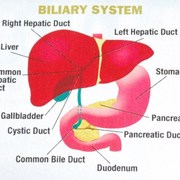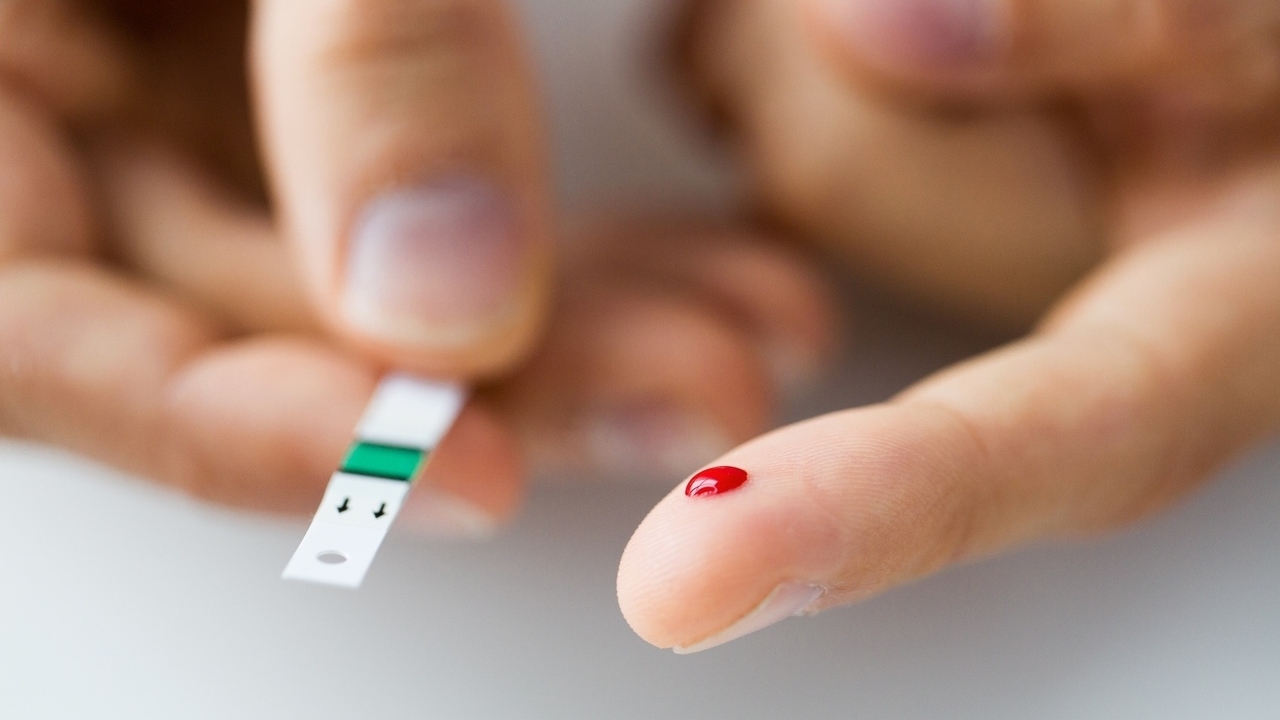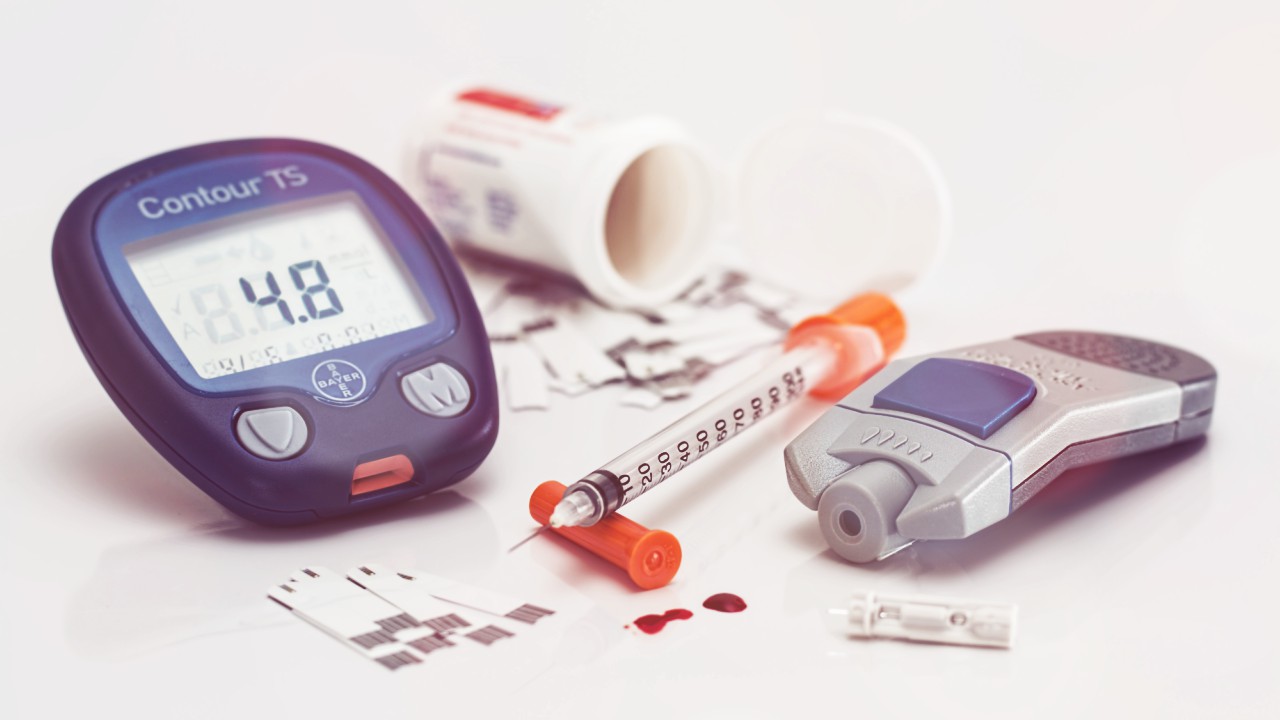 Hemera/Thinkstock
Hemera/Thinkstock
Hyperglycemia, or diabetes, has become a huge problem in the United States over the past 25 years. Current research estimates that 21 million Americans are affected by this health condition. There are millions more that are diagnosed as pre-diabetics.
The inappropriate regulation of blood sugar in the body is defined as dysglycemia. Under normal circumstances, the body takes in food and through the process of digestion it turns that food into fuel or glucose. Glucose then enters the blood stream as it makes its way to the cells.
One of our organs, the pancreas, releases a hormone called insulin in response to the presence of glucose in the blood stream. Insulin binds to the surface of cells and allows the easy passage of glucose from the blood stream into the cell.
The amount of insulin released by the pancreas is in direct proportion to the amount of glucose released in the bloodstream by the meal. When disruption occurs in this process, health conditions arise. The two most common forms or disruptions are hyperglycemia, or diabetes, and hypoglycemia.
The most prevalent form is non-insulin dependent diabetes mellitus (NIDDM) or type II diabetes. In this form, cells are not responding to the insulin that is being released from the pancreas, and the body becomes insulin resistant.
This lack of response causes the amount of glucose constantly circulating in the blood to continually be higher than normal. Type ll diabetes may also be caused by the body not being able to produce enough insulin to match the amount of glucose circulating in the blood.
Another form is insulin dependent diabetes mellitus (IDDM) or type I diabetes. In type I the pancreas is no longer able to produce insulin at all, and as a result people suffering from this form must take insulin injections to regulate the glucose in the blood.
It is critical for diabetics to be under the supervision of naturopathic or conventional medical doctor for their treatments to monitor their blood sugar levels. However patients can empower themselves to manage this disease process with lifestyle changes including the right diet and appropriate exercise.
Dietary lifestyle can be one of the best treatment options for people wanting to control their blood sugars.
The fundamentals of how to eat well can be found in my book Cultivating Health: Recipes for Diabetic and Pre-Diabetic Conditions at http://healthydaes.org/diabetes/
They revolve around eating foods that have a combination of healthy proteins, complex carbohydrates -- especially those with good amounts of insoluble fiber -- and small amounts of good fat. This combination helps reduce the amount of insulin required for each meal while helping you to feel satiated as well.
This combination also slows the speed at which blood sugar enters the bloodstream after each meal. It is important that people following this diet eliminate the amount of refined sugar and processed junk food that they consume.
Live Vibrantly,
Dr. Dae
Dr. Dae's website: www.healthydaes.org
Dr. Dae's book: Daelicious! Recipes for Vibrant Living can be purchased @ www.healthydaes.org
Dr. Dae's Bio:
Dr. Daemon Jones is a Naturopathic Physician who maintains a holistic practice by treating patients all over the country using Skype and phone visits. She helps her patients harvest health and feel great, using a combination of safe and effective naturopathic and conventional methods.
Sources:
"American Diabetes Month® - American Diabetes Association." American Diabetes Association Home Page - American Diabetes Association. N.p., n.d. Web. 7 Nov. 2012.
http://www.diabetes.org/in-my-community/programs/american-diabetes-month
"Diabetes - PubMed Health." National Center for Biotechnology Information. N.p., n.d. Web. 7 Nov. 2012.
http://www.ncbi.nlm.nih.gov/pubmedhealth/PMH0002194
Reviewed November 13, 2012
by Michele Blacksberg RN
Edited by Jody Smith





Add a CommentComments
There are no comments yet. Be the first one and get the conversation started!